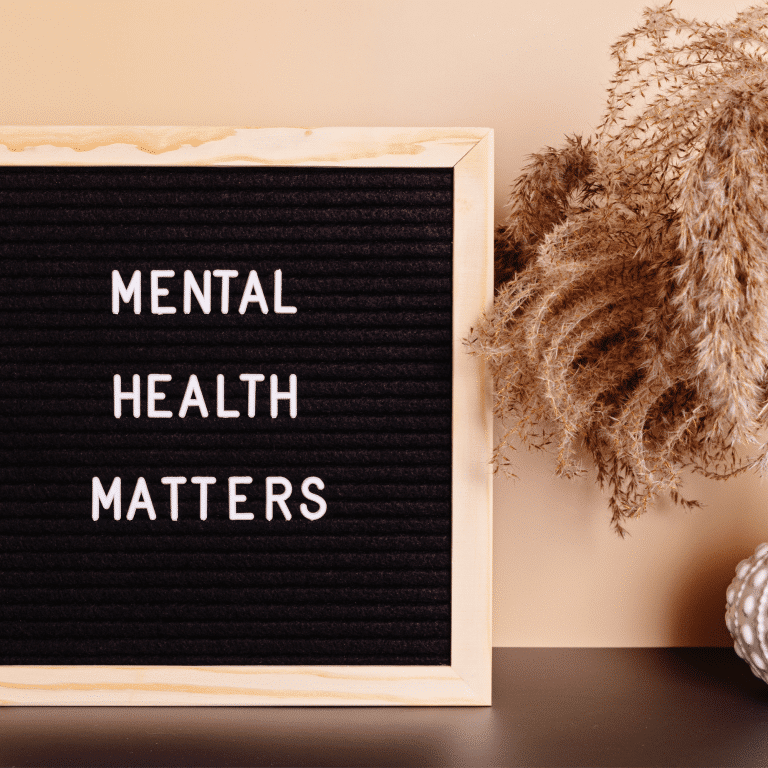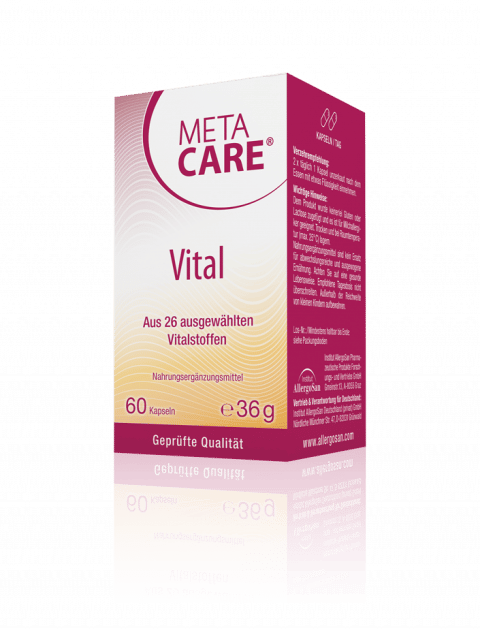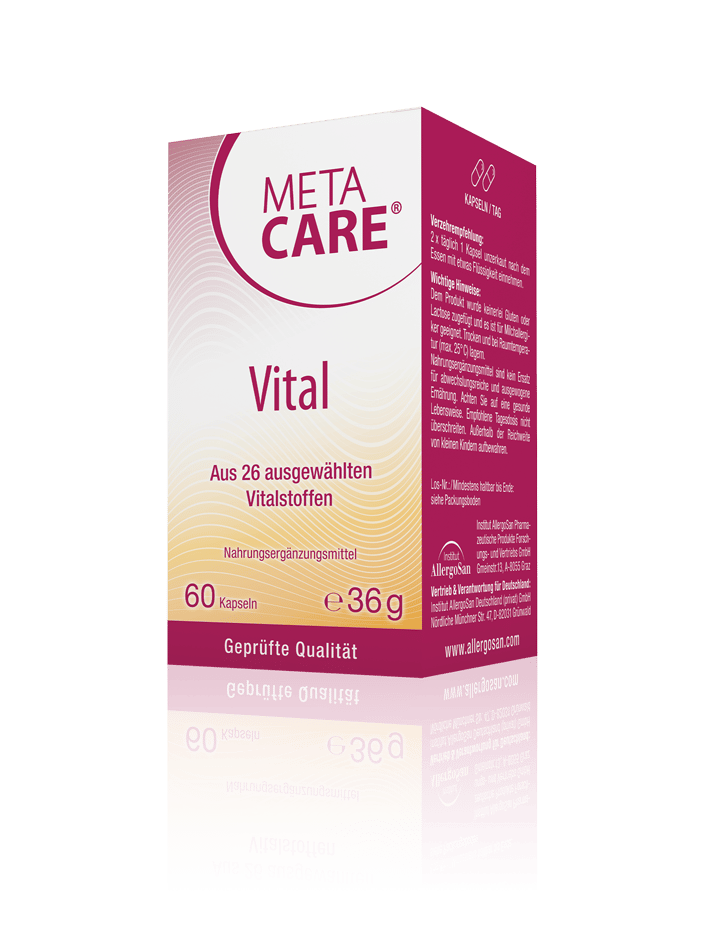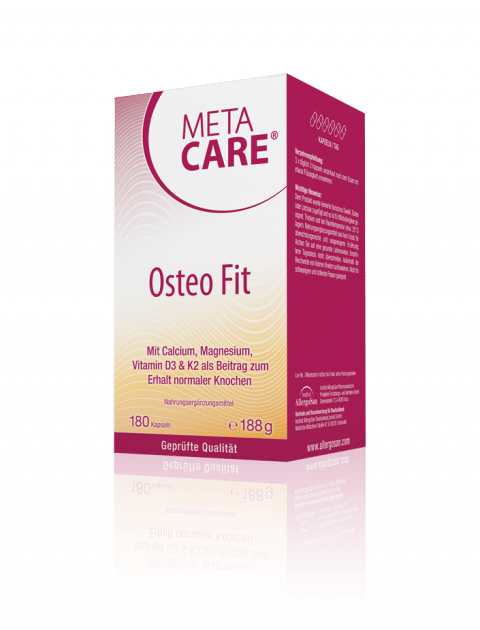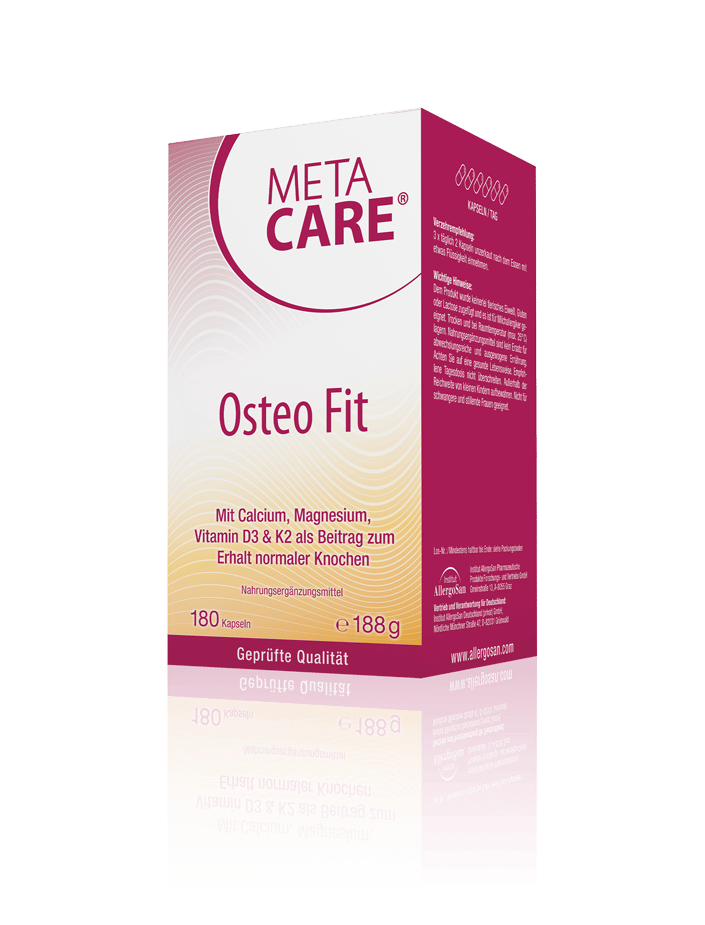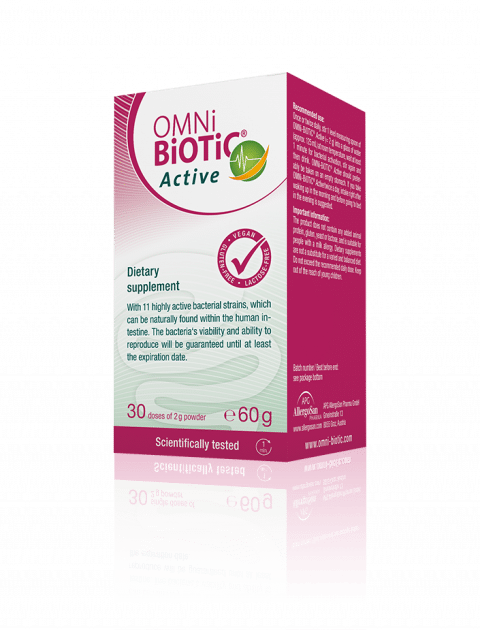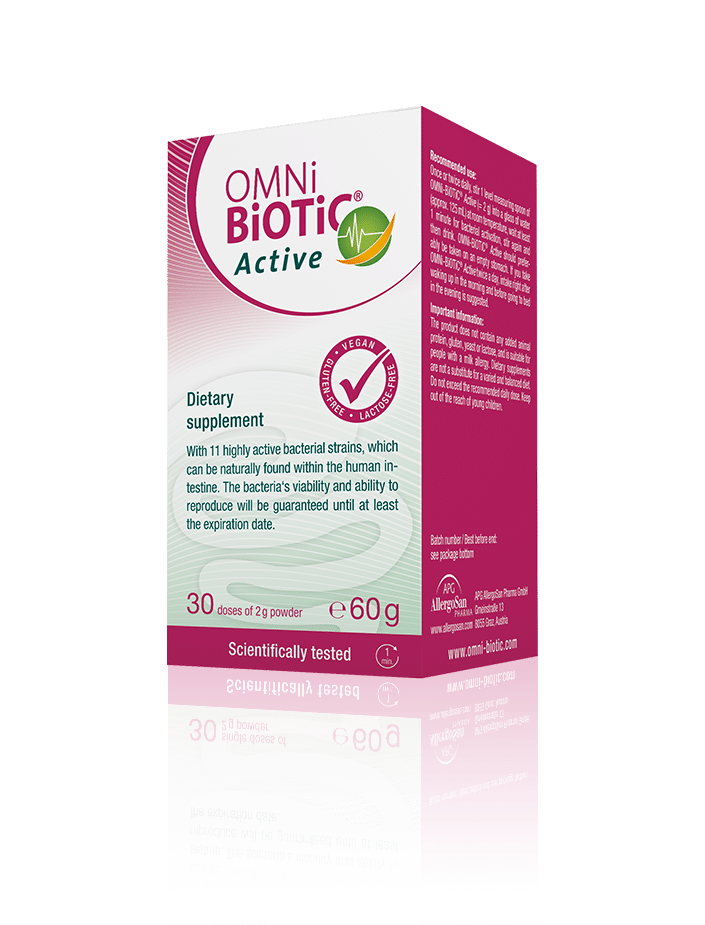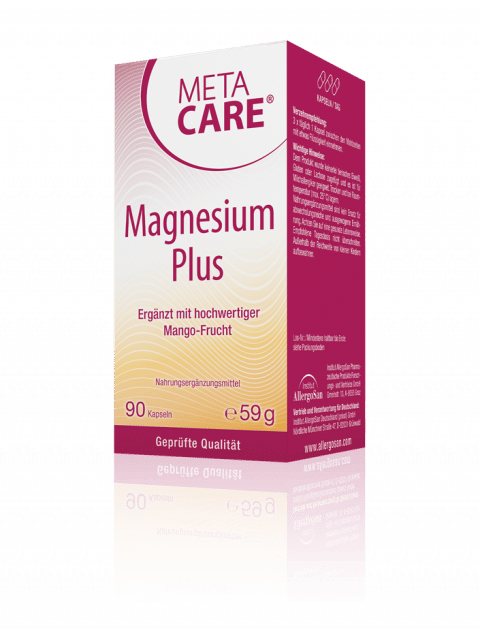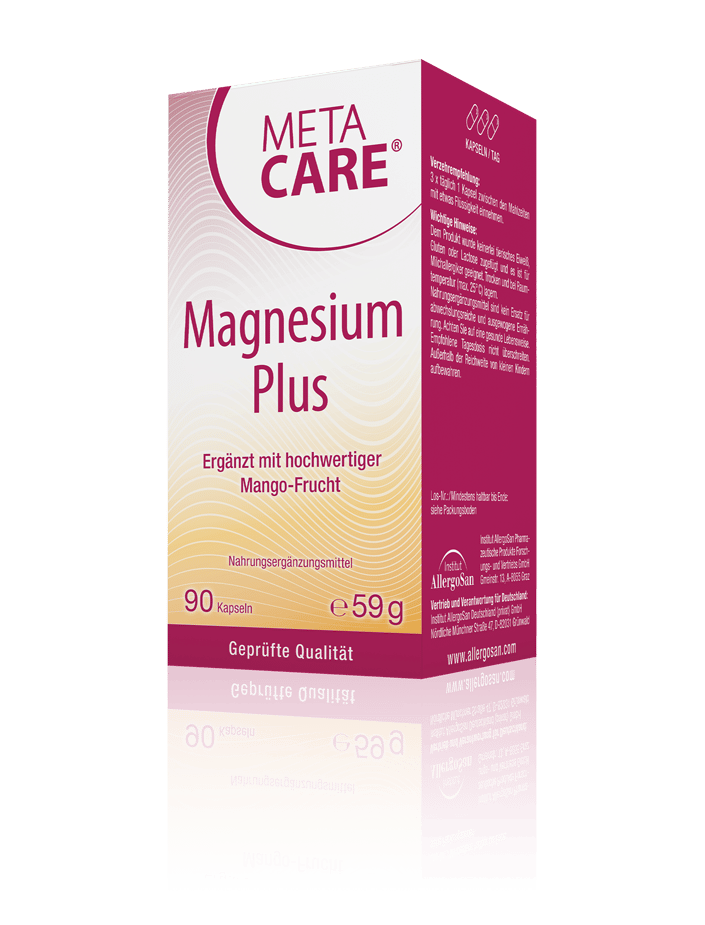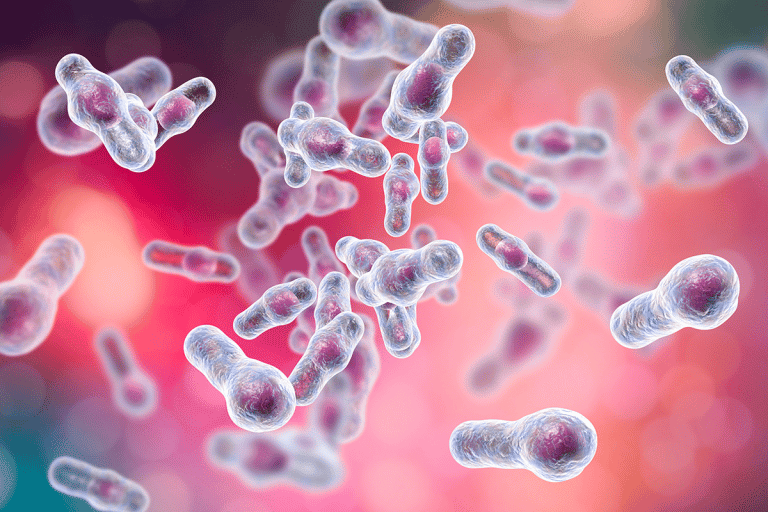
Emanuel Munkhambwa
Gut health
The gut is the engine of our life. It not only provides fuel by digesting food, but also influences many other processes within the body. An imbalanced gut also has an influence on the entire body. Lifestyle plays a decisive role regarding the guts well-being. Our modern times that are characterised by industrially produced food and by a multitude of harmful environmental impacts which means that it is difficult to keep the gut healthy. Here we have some tips on gut health here and how to keep tummy troubles at bay!
The intestine is the largest contact point to the outside world. Everything we eat or drink, whether healthy or possibly even toxic, eventually arrives in our intestines after travelling through mouth, oesophagus and stomach. During an entire lifetime the digestive system has to process around 40 tons of food and about 60.000 litres of fluid. Located mainly within the large intestine, many trillions of different microorganisms ensure that vital nutrients and substances reach their destination. Together these gut bacteria form the gut flora that is known in specialist jargon as intestinal microbiota. Most harmful and unusable substances are excreted through the anus as faeces. Remaining toxic substances are transported via the small intestine to the portal vein and the detoxification centre of body, the liver, where they are degraded. This is how the ideal digestive process would look like, but there are many different problems along the way that gut and liver may be faced with. Suboptimal nutritional habits (too much sugar and too much industrially processed food) and harmful environmental toxins and even some medicines (like antibiotics) can put the gut out of balance and cause a multitude of tummy troubles!
Jump-start digestion
Nowadays it is not possible to evade all environmental impacts like for instance noise or exhaust fumes. However, each individual can have a positive impact on the digestive system with the right lifestyle. A diverse, regional and seasonal dietary plan, avoidance of constant stress and regular resting phases as well as regular physical exercise and avoiding smoking and excessive drinking support our digestive system and the well-being of its microbial inhabitants. Annoying tummy troubles like constipation, diarrhoea, flatulence then almost have no chance. The only exception there is if aggressive pathogens have been allowed to become part of the game.
With regard to nutrition, prebiotics have a special significance in promoting the growth of particular intestinal bacteria. This is very important because 99% of our beneficial microbial intestinal inhabitants are anaerobic. This means they die when coming in contact with oxygen and can therefore not easily be cultivated and ingested. In many ways bacteria resemble us humans. They have different tastes and varying “favourite dishes” with which they should be fed on a regular basis. This is why we should take care to keep our nutrition varied to provide nourishment to many bacteria.
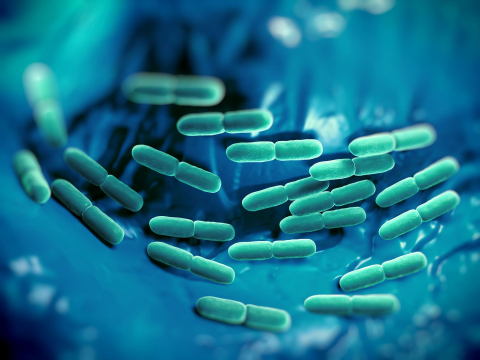
Prebiotics are particular food ingredients that reach the large intestine where bacteria can further digest them. These food ingredients include fibre material, contained for instance in beans, green beans and lentils. Also indigestible substances like various types of fibres are important. These can be found in fruits, vegetables and whole grain products and play an important role for gut flora and peristaltic as well as for balanced cholesterol levels.
Leaky Gut
When useful bacteria do not feel happy anymore in our gut they die and harmful intestinal inhabitants can increase unhindered and send out stress and inflammatory mediators. If the diversity of gut microbiota is disrupted for a longer period of time, for instance through permanent stress, the mucosa of the gut changes. It becomes leaky (specialist jargon: leaky gut) in the true sense of the word. Waste material is then not eliminated but migrates through the leaky intestinal wall into the circulation and the nerve pathways. But how can you close the holes in the gut again? In this context it is important to know that the intestinal barrier is made up of different layers. The first layer consists of our beneficial bacteria. It can be imagined as a filled football stadium at the time of the world cup finals. Ideally all places are filled with our „fans“. Sometimes however some „Hooligans“, harmful germs, have sneaked in and dispute arises in the gut. Especially, when the trouble makers get out of hand and suppress beneficial bacteria. These unwanted intruders can be banned from the gut by bringing in beneficial germs through probiotics on the one hand and by feeding them directly with specific prebiotics on the other hand. A particularly important prebiotic substance is the so-called „resistant starch“: it is not digested in the small intestine, but by bacteria of the large intestine. This prebiotic promotes the growth of many different species of bifidobacteria. These are important for the first layer of the intestinal barrier and produce lactic acid in our gut. Therefore they establish an environment in which harmful germs cannot propagate.
Our lifestyle influences the well-being of the gut.
Underneath rests a slimy layer called “mucus” that prevents the intestinal mucosa from dehydration and protects it from foreign particles. It also ensures that harmful substances and microorganisms are encased and thus can be eliminated easier from the intestine. On the one hand this mucus is produced by so-called „goblet cells“, on the other hand certain bacteria like e.g. Akkermansia muciniphila, play an essential role in the assembly of this layer. Akkermansia bacteria propagate particularly well in the presence of fructo-oligo-saccharides (FOS).
The last part of the barrier is constituted by the cells of the gut mucosa. These cells are connected by proteins that form so-called “tight junctions”. Similar to a closely-meshed nett the cells are lined up densely next to each other. However, if the connecting proteins come unstuck the door is open for harmful germs and pathogens. An imbalance in the gut thus concerns the entire body. The condition of the gut decides upon health or disease. It is therefore of essential importance to nurture the largest human organ.
Tuning for the immune system
The gut is not only responsible for digestion but also plays an enormously important part regarding the human immune system. Some scientists even call it the „centre of the immune system“. 70% of all immune cells are located within the small and large intestine and almost 80% of all immune reactions are taking place there. When the gut is doing well the body can defend itself better against diseases.
Amongst others, Paneth cells are located in the small intestine and secrete particular substances that fight pathogens. M-cells on the other hand ingest viruses, bacteria, parasites and fungi and feed them to particular immune cells. The most important part of the (gut) immune system is the large intestine. It harbours lymphocytes that identify, amongst others, viruses and bacteria and in turn produce antibodies that eliminate these intruders. Lymphocytes can also release messenger substances, so-called cytokines, which alert other immune cells.

The smaller the diversity of the gut flora the weaker the immune defence and the more prone are we for mild digestive problems like flatulence, constipation or diarrhoea. Numerous studies have demonstrated that also (serious) diseases are connected with a disturbed gut flora. These include irritable bowel syndrome, chronic inflammatory bowel diseases (e.g. Morbus Crohn and colitis ulcerosa), allergies, food incompatibilities (e.g. celiac disease), skin disorders (e.g. psoriasis and neurodermatitis) as well as psychological problems (e.g. increased aggressiveness and depression). There are a number of tips to improve the gut immune system and most of them target the lifestyle.
Tips for a strengthened immune system:
- Cook with fresh (seasonal), regional (organic-) food: Avoid industrially produced food as much as possible. Avoid artificial additives (E…), plastic and aluminium, if possible
- These vital substances promote the immune system: vitamin A, B6, B12, C, D and folic acid as well as mineral substances like iron, copper, selenium and zinc.
- Excessive cleanliness eliminates the biodiversity of bacteria. Particularly children should be in contact with as many different germs as possible to build up an immune system (hygiene hypothesis).
- Regular exercise keeps the immune system fit.
- Avoid constant stress.
- Do not urge the doctor to prescribe antibiotics for every cold. These massively damage the gut!
Stress relief!
The gut constantly communicates with the brain. This connection is called „gut-brain-axis“. Signals that are sent by the gut and the stomach via our intestinal inhabitants to the brain do have an effect on emotions and mood, on appetite and on processes within the brain associated with learning and memory. Studies have demonstrated that a pathological gut-brain-communication can be the reason for migraine or headaches. It can also be partly responsible for psychological imbalances and illnesses like lethargy, burn-out and Morbus Parkinson. A direct trigger that interferes in the communication between gut and brain is negative stress (dystress). This is particularly true if stress becomes chronic. Permanent stress leads to an inflammation of the gut wall. At the same time the production of the happiness hormone: Serotonin, and of the sleeping hormone: Melatonin, is affected. This can lead to the previously described cognitive problems. Stress can for instance also trigger irritable bowel syndrome, which is observed in about 50% of all intestinal disorders. The quality of life of those affected by the disease can be significantly reduced. 60% of them even suffer from depression. An avoidance of stress thus really benefits the gut and can moreover prevent cognitive problems.
Tips for stress prevention
- Structure the day and allow time for hobbies.
- Take frequent breaks; stand up, stretch and breathe deeply.
- Snack on brain food like nuts instead of foods containing sugar.
- Visit a doctor when you show signs of a burn-out or feel depressed.
- Gut health supplements such as probiotics can help to repair a damaged intestinal mucous membrane and stimulate the production of hormones.
Our gut bacteria
Favourite food of “good” gut bacteria
- Sufficient fluid (at least 2 litres daily).
- Diet rich in fibres: raw fruit including skin and vegetables (beans, peas, lentils, fennel, celery, cabbage).
- Diet rich in roughage: mix 2-3 tablespoons of chia- or linseeds with yoghurt or muesli (exception: patients with irritable bowel) daily.
- Use prebiotics from the pharmacy that promote the growth of certain types of bacteria.
- Take indication specific probiotics that withstand stomach and bile acid and reach the intestine.
Avoid fuel for “bad” gut bacteria!
- Avoid sugar, if possible.
- Reduce salt intake. Healthy alternatives to be used as seasoning: cumin, sweet pepper, rosemary, chilli, thyme, bay leave and ginger.
- Reduce intake in – particularly red – meat
- Alcohol should be consumed in moderation.
- Nicotine can lead to bowel cancer, amongst other things.
- Antibiotics: take them always concominant with probiotics to avoid damage to the digestive system
